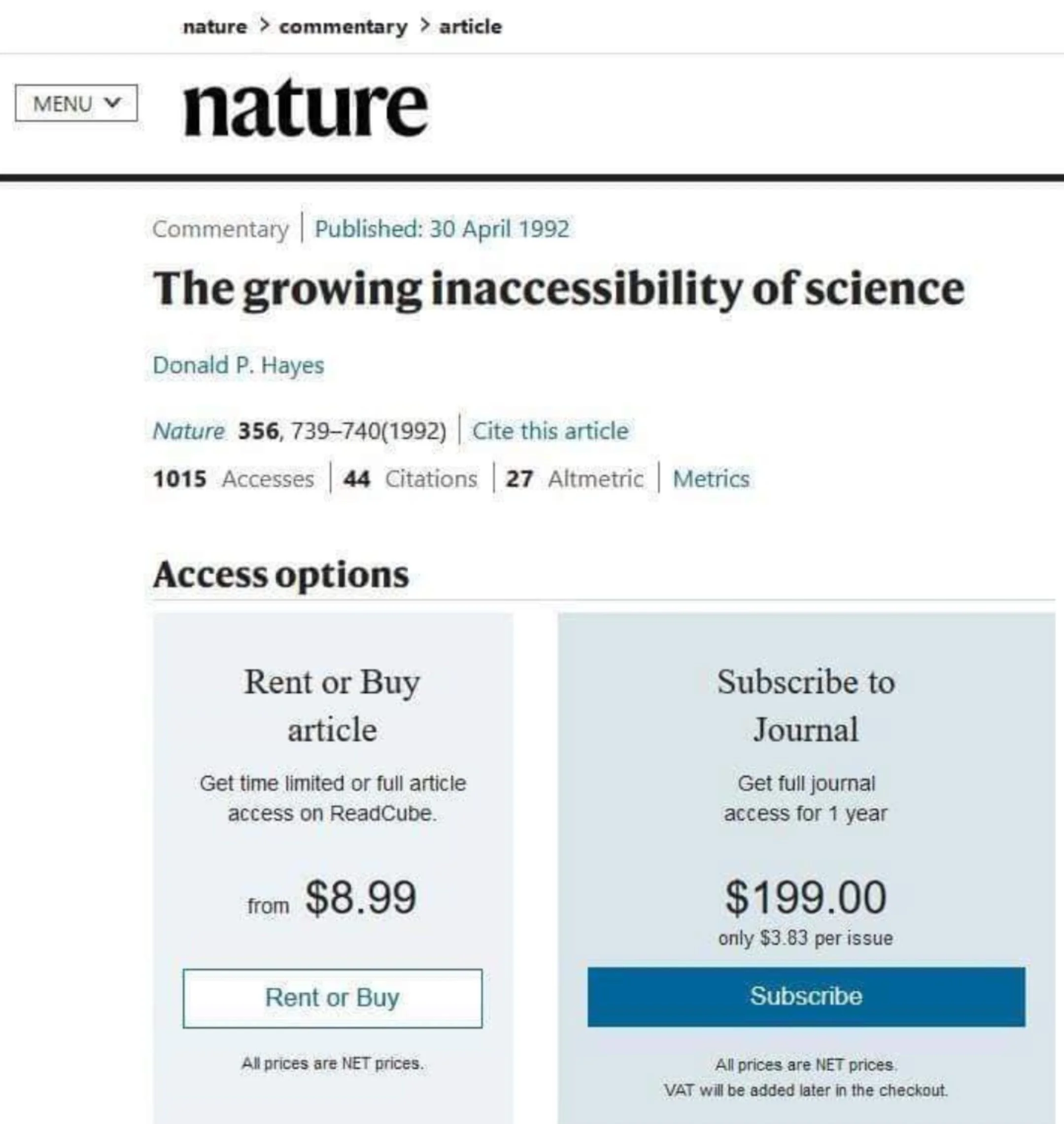Moments in Time: Conversational and Writing Conventions
Image credit: Chad Charowhas on a Facebook group called “YYYY-MM-DD is the best date format; it's unambiguous and easily sortable”. Chad’s right.
Japan Has It Right
I write dates in YYYY-MM-DD format all the time. I’ve read that Japanese people do too, yet somehow, the rest of the world insists on doing it the dumb way. If the only thing you take from this rant is “I should start writing dates like a reasonable human,” I’ve done my part to reduce global confusion, one unambiguous timestamp at a time.
In the U.S., we write dates as MM-DD-YYYY. You should sense the problem already. Unless the middle number is between 13 and 31, the format is a Russian Roulette[1] of misunderstanding Does 01/02/2023 mean January 2nd or February 1st? Depends on your passport. Sure, 01/14/2023 is clearly January 14th, but for roughly 1/3 of the year, the formatting is an international trust fall.
Now, INB4 the Euro-supremacists jump in shouting “DD-MM-YYYY is the way!”:
Read this number aloud: 123. If you're an English-speaking human, you say “one hundred twenty-three.” You do not say “three and twenty and a hundred,” or worse, “twenty-three and a hundred.” We speak numbers from largest to smallest. Unless we’re French. And I’m not touching French numbers, because I’m not qualified, and honestly, neither are they. A non-human can touch on that.
Let’s expand this logic. You should always give information from biggest to smallest, or most significant to least. This is basic human decency. Imagine someone tells you:
“We’re going out to eat. I might order pasta. Also, your parents are dead.”
That’s psychotic. You start with the big news. Europeans decided the opposite made more sense.
I already hear the Euro-supremacists again, so INB4, “But the year is obvious!”
If it’s so obvious, leave it out. Just MM-DD. If we always started with the year, this would be clear, like ISO standards.
YYYY-MM-DD is the most logical, scalable, and programmer-friendly format. Be the date change you want to see in the world. Save future-you from a debugging session. Stop Excel from being an incel, thinking everything is a date and rejection.
Side note 1: Russian Roulette was made in US. And Spanish and French people call rollercoasters ‘Russian Mountains’ while Russians call rollercoasters ‘American Mountains’.
Grainy image comes from Walmart.com . The point is “Next Friday” comes after “This Friday.” And yet, whenever someone says “Next Friday” we need to add clarification, “Not this upcoming…”
2. Sorry, Ice Cube
Describing moments in time is always frustrating. Since a young age, I, like many, had one representation make sense in our head, while society said, “actually, we’re doing it the weird way.”
And so, 'next Friday’ typically means ‘this upcoming Friday.’ If you wanted to say “next Friday” as I mean it, the actual next one, you might say “the following Friday,” which is ridiculous because “next” already means “following.” It doesn’t mean “soonest,” and nobody has ever said, “The soonest Friday.” Think about this too much and you’ll lose friends and sanity.
So we’re all walking around pretending we’re fine with the fact that "next" means “upcoming,” while our insides scream. Eventually, we give up and just say the date. Or we go mad. And we know we can’t be unburdoned by what has been because we constantly deal with shameful linguistic confusion. Moments in time are just as confusing as inflammable (especially catches fire), disgruntled (angry) and nonplussed (confusing). The whole thing has Guy really gruntled. Irregardless, let’s unloosen this conversational nightmare.
The new normal is idiot-proofing every sentence to combat normalized idiot speak. The worst part is people get mad when you clarify, ““The following Friday, the ninth.” But that’s the right way of doing it. Society is wrong, and we are adapting to it.
3. The Bi-Fortnight (NOT Fortnite) Dance
If I ran the world, “bi-” would always mean twice within a time period. That’s because “fort-” would clearly mean once every two.
Bi should signify double, like double the people to sleep with in a society where people talk about which genders they want to sleep with, but not their salary. Fort should signify a fortress, something spaced out.
Alas, I nor the Jews run the world. If I say “biweekly,” people stare at me like I’ve just said “thricefortnight.” And if I say “fortnight,” people imagine a Gen Z dance-off. These words have become vibe-based.
Is my modest proposal too much? Biweekly = twice a week. Fortweekly = once every two weeks. Yes. Yes, it is.
I don’t get to make the rules. If I did, I wouldn’t let a certain group weaponize etymology, like insisting“antisemitism” only counts if it involves 1930s propaganda from the Champagne region of France, because they read somewhere that Arabs are Semites and Jews are actually Khazar lizard-people. If I made the rules, I wouldn’t need to regularly explain, “babysitters don’t sit on babies.” We would have less confusion and less Postmodern Speak.
Preferences are fine. Use metric or imperial. Celsius or Fahrenheit. Windows or Mac. But with time, ambiguity isn’t just annoying, it’s disruptive.
If I say I’m 168 tall, you should know I mean cm. I’m a short king, not a 14-foot jungle giant. And yet, with time, we still tolerate multiple contradictory formats. How is time, the most universal thing, still the most controversial?
4. Policing Speech
I’m not trying to police your speech. I just want to reduce confusion. I’m going to be daddy and tell you what you can do, if you choose to.
I don’t expect, “We’re meeting the following Monday, Jan 09, at 6:00 PM… with no milliseconds.”
But I rely on excess details. Because “next Monday” means different things to different people. Because “stage left” is met with “who’s Stage?” and so I add “West” only to hear back “What do you mean by ‘west?’” Speak as if the receiver is not a moron, even if they are.
We don’t need to overengineer human interaction. But we do need to stop pretending that vague, legacy phrasing is good enough. So I propose a humble solution to standardizing the chaos: Always use YYYY-MM-DD.








